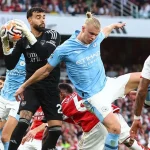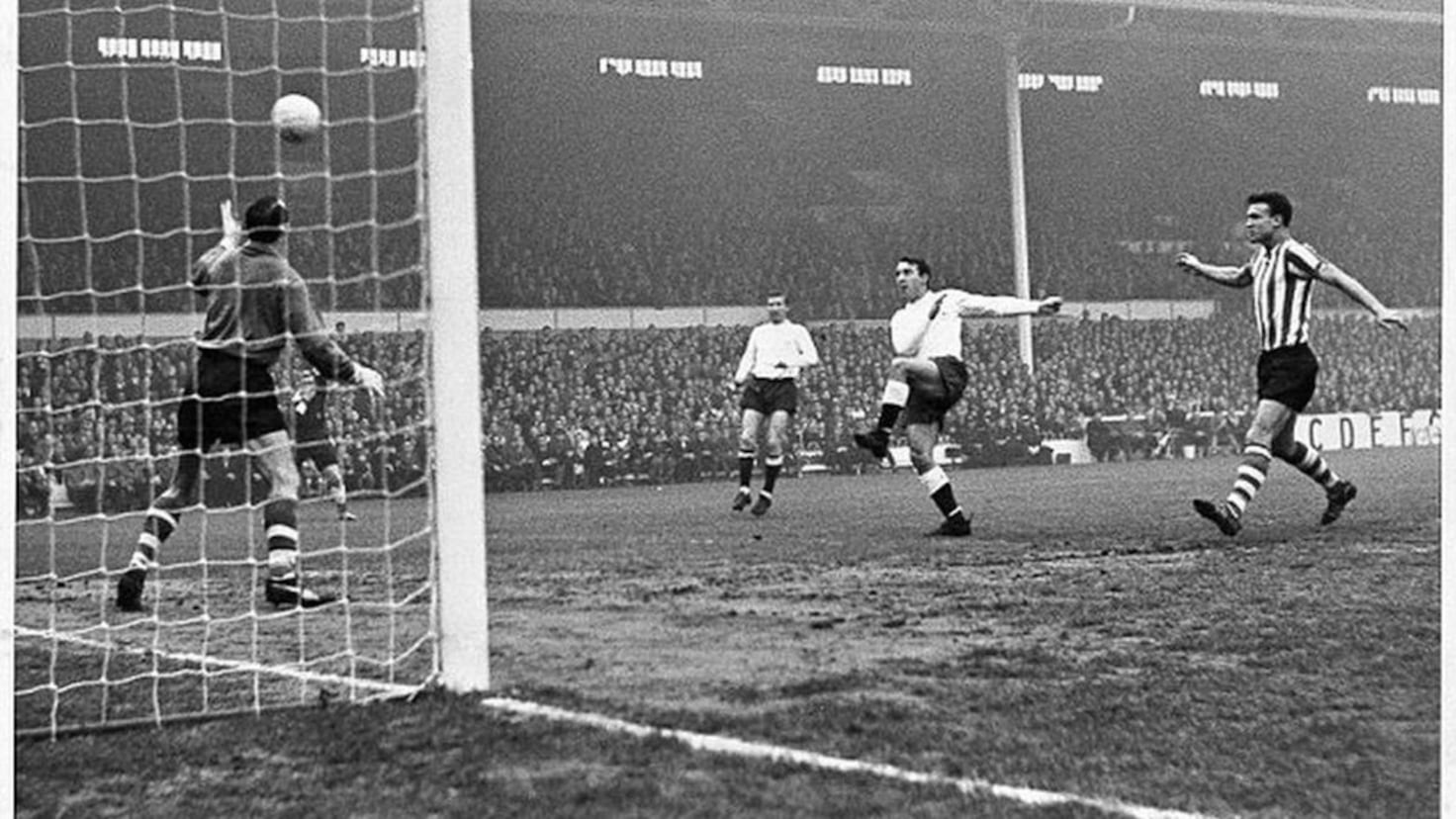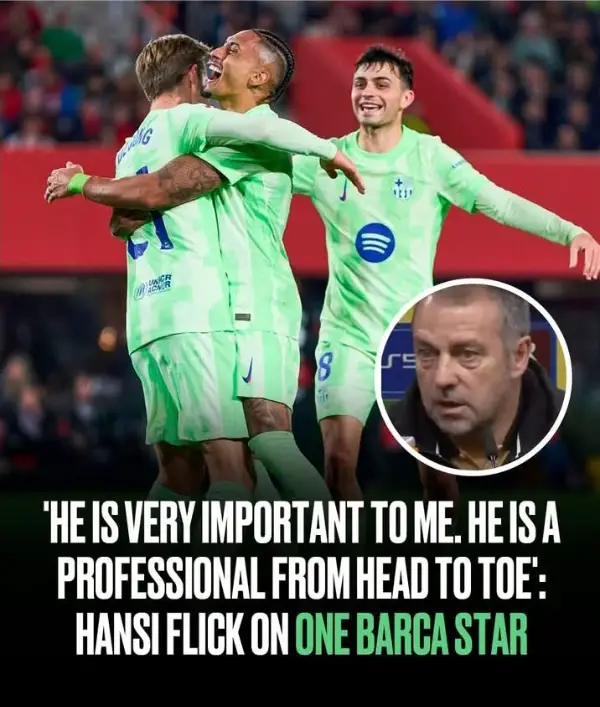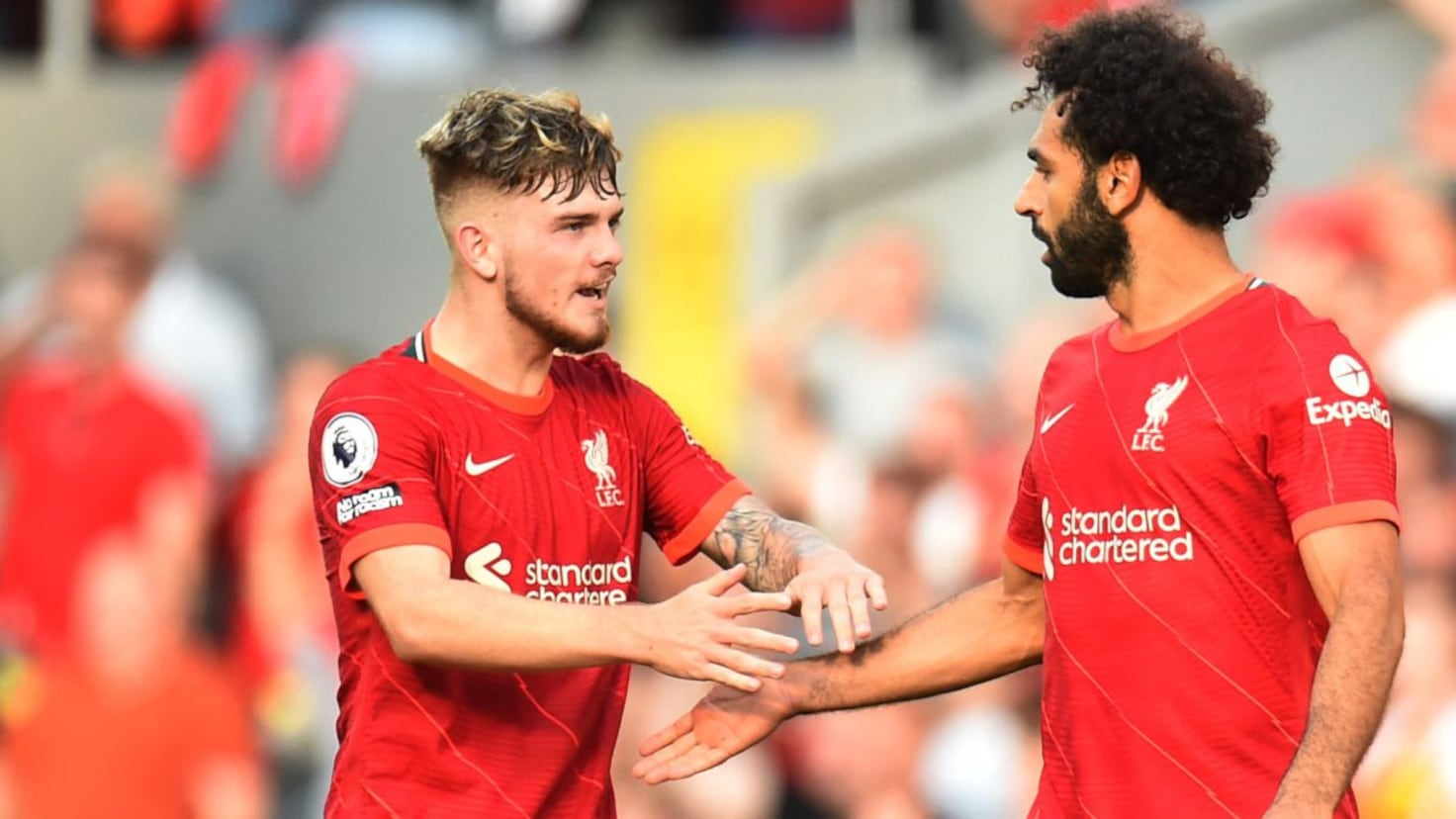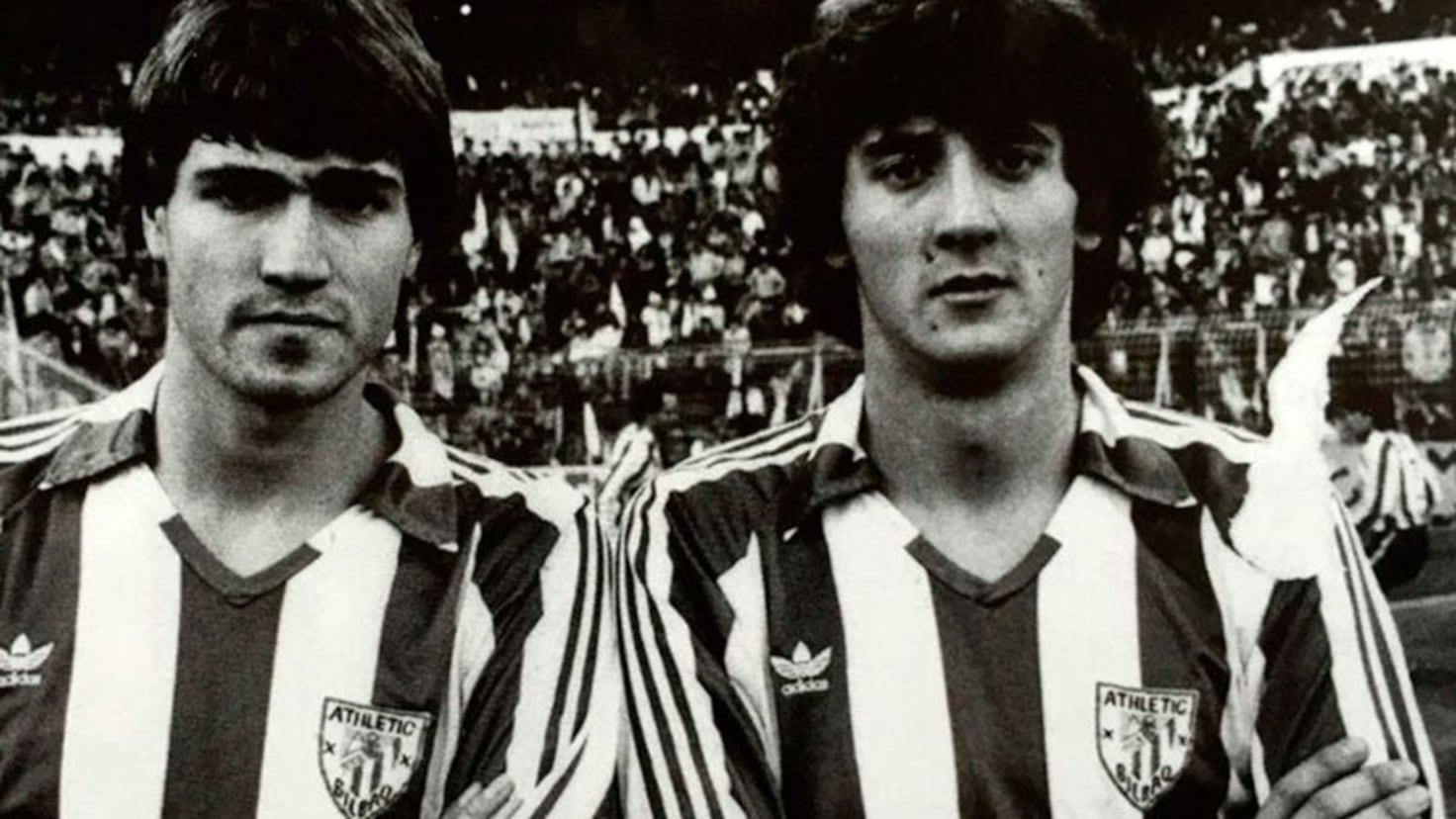Finally, despite the covid, there has been football on English Boxing Day, a venerable tradition that pairs the British’s favorite sport with that unique and familiar date. This did not happen in 1962, when on December 26 the entire island woke up covered in at least a meter of snow. Impossible to move, impossible to play. It would only be the beginning. The coldest winter in memory in England prevented the development of football until March. What would it be like if the betting houses, then already a strong industry in England as they are today in Spain, got a committee of experts to meet every Saturday at match time to draw up a list of results? imaginary ones that, of course, were not valid for the classification, but were for the bettors. A unique story that I have already told in this space.
But if in 1962 there was no football on Boxing Day, 1963 was going to offer complete revenge. The nightmare of the previous winter had passed and it was possible to play under the conditions of a, let’s say, normal winter on the island. And what happened was an extraordinary day that brought together 66 goals in 10 games, the likes of which had never been seen before. The results table produces the same astonishment today as then: Blackpool, 1- Chelsea, 5; Burnley, 6- Manchester United, 1; Fulham, 10- Ipswich, 1; Leicester, 2- Everton, 0; Liverpool, 6- Stoke, 1; Nottingham, 3 – Sheffield United, 3; Sheffield Wednesday, 3- Bolton, 0; West Bromwich, 4- Tottenham, 4; West Ham, 2- Blackburn, 8; and Wolverhampton, 3 – Aston Villa, 3. No 0-0 draw, only two of the 20 teams were left without scoring, one game with 11 goals, another with 10, one with 8, two with 7…
The big bombshell was the defeat suffered by Manchester United against the modest Burnley, with four goals from Andy Lochhead, a big Scottish header, ultimately man of the day on that extraordinary day. He was not the only one who scored four. Roger Hunt, the Liverpool midfielder called upon to displace the great Jimmy Greaves from the forward line of England’s 1966 world champions, also did it to Stoke. And Graham Leggat did another four, despite playing as a winger, in the final match. record of the day, Fulham’s 10-1 victory over Ipswich Town. The famous Greaves was reduced to two, which on a day like this seemed little, in the 4-4 achieved by his Tottenham in the visit to West Bromwich.
Everton, the only one affected
Those 66 goals produced a huge shock, both because of the amount in itself and because many of the results were a great surprise and prepared an enormous atmosphere for the matchday on the 28th. Then there was the custom, now lost, of repeating the matches on the 28th. on Boxing Day, but in the visitors’ fields on the 26th. Thus, within the general League championship, that space of rivalries was created (which changed every year) that delighted the fans, whose movements were massive thanks to the holiday dates, the size of England and its railway network.
And on the 28th, without reaching that point, it met expectations. The greatest expectation was at Old Trafford, where Manchester United took revenge on Burnley. Matt Busby tweaked the team. He made his debut for Willie Anderson, aged 16, and sent a telegram to Belfast for George Best to return, who until then had only played one game and had permission to spend the holidays with his family. United won 5-1 and Best, soon to be known as The Fifth Beatle, scored the first of the 471 goals he would score in his 11 years as a Mancunian. West Ham made up for their tremendous defeat at Upton Park against Blackburn by beating them at Ewood Park 1-3, and Ipswich partially healed the wound of the 10 goals conceded against Fulham by beating them 4-2. For their part, Aston Villa and Wolwerhampton tied again, this time 2-2, so that their fans saw ten goals in the games between both teams in two days without a winner being produced.
The only double victim of that celebration was, curiously, Everton, previous League champions, who after having lost on Boxing Day 2-1 in Leicester, would lose again on the 28th by 0-3, on their own field. There he began to lose the lead and at the end of the championship he would be third. The title was won by the Liverpool of the famous Bill Shankly, who had taken the club four years earlier in the Second Division. The top scorer trophy went to spur Jimmy Greaves, with 35.

